February 3, 2011
In recent months, the Arab world has been immersed in chaos. In Lebanon, Israel's neighbor to the north, the terrorist group Hezbollah has moved to solidify its hold over the government. After causing the collapse of the Lebanese government by resigning from former prime minister Saad Hariri's cabinet, Hezbollah engineered the appointment of a candidate it backs as Lebanon's prime minister-designate. The move is deeply worrisome not just to promoters of democracy in Lebanon but to Israel, which has put its troops in the northern part of the land on high alert in case the turmoil erupts into violence against Israel.
Meanwhile — responding in part, perhaps, to recent events in Tunisia — for more than a week hundreds of thousands of protesters in Egypt have taken to the streets to stage massive demonstrations opposing the rule of Egyptian president Hosni Mubarak. The Egyptian government is cracking down on the demonstrators, sending in the military to contain crowds with guns, tear gas, and water cannons. As of this writing, chaos reigns in Cairo, Egypt's capital, where pro and anti-Mubarak factions have been battling in the streets. Mubarak has agreed not to seek office again in September, when Egypt's national elections occur. Protesters, however, are insisting he step down immediately.
Egyptian authorities have sought to control the flow of information in and out of the country, and to disrupt communication between protesters. For almost a week, the government even took the unprecedented move of shutting down all Internet and cell phone service throughout the country. The move was a powerful illustration not just of the ruling party's will to stifle dissent throughout Egypt, but of the power that the Internet in general, and social media outlets such as Facebook and Twitter in particular, has in fueling protesters in countries like Egypt, Tunisia, Iran, and elsewhere.
There is very real concern about who will take his place. Nobel laureate Mohammed El Baradei, one of those hoping to take the reins of power, has a track record that raises many serious questions. In his former capacity as head of the United Nations International Atomic Energy Agency, El Baradei lobbied against placing economic sanctions on Iran, despite evidence that the Islamic State was developing nuclear capabilities for military use. He also has ties with the Islamist group the Muslim Brotherhood, which is a well-organized political force in Egypt and has thrown its support behind his presidential bid. There is every possibility that Egypt under his leadership could become a Muslim fundamentalist state, in the same way that Iran fell to Islamist fanatics after the Shah was deposed in 1979.
It is a time of great turmoil in the Middle East, and in the midst of this turmoil and uncertainty stands a bastion of democracy — Israel. The Jewish state, of course, has its share of internal conflicts and strife. But most of these internal conflicts take place within the political sphere, and are kept from boiling over by a system of checks and balances written into law. There is a world of difference between the boisterous political debate that takes place in a "noisy democracy" (as the British writer Charles Moore once called Israel) and the violent upheavals that take place in dictatorships, where anti-government dissent is met with further oppression — and often deadly force.
Israel today stands as a model for the region. The Jewish state's commitment to personal freedom — a coveted prize that so many men and women in the Arab and Muslim world are, quite literally, dying to experience — has never seemed so precious. Today, I believe we must pray that freedom and democracy will take root in the Arab states, in place of the dictatorships currently in place. And, as we do, let us remember to continue praying for Israel, which stands today more than ever as a "light unto the nations" (Isaiah 42:6) — a light that shines even more brightly surrounded as it is by nations living in the darkness of tyranny and oppression.
With prayers for shalom, peace,
Rabbi Yechiel Eckstein
President
Read More from Rabbi Yechiel Eckstein
Listen to Sermons by Rabbi Yechiel Eckstein

